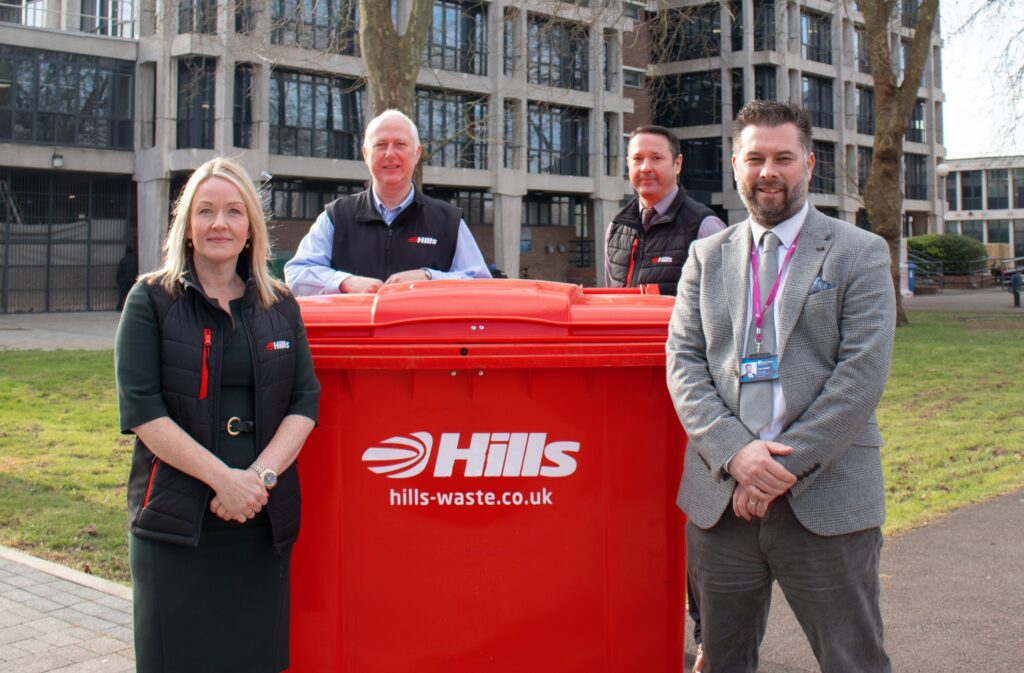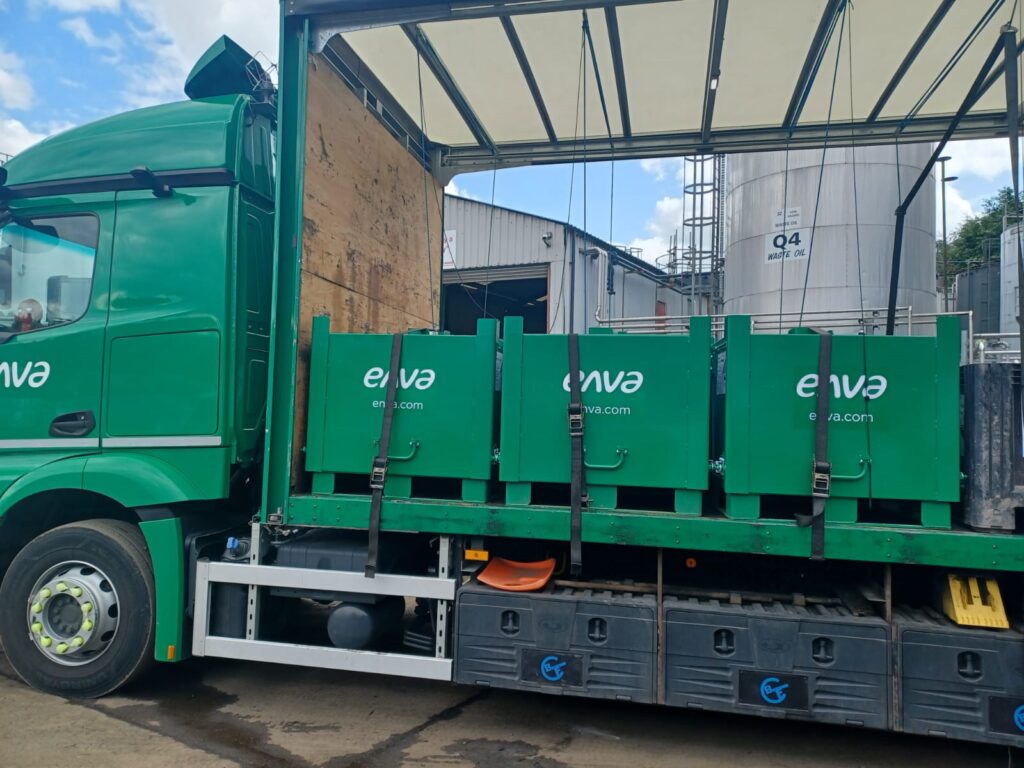DECC has done well to turn this round quickly after we raised it as a concern
Gaynor Hartnell, REA
According to the Renewable Energy Association, the Department of Energy and Climate Change (DECC) is due to launch a consultation this week looking into grandfathering under the renewable energy subsidy scheme, the RO.
Chancellor Alistair Darling announced that there would be a consultation on grandfathering in last week's Budget (see letsrecycle.com story) .
Currently, DECC does not use grandfathering to support biomass and energy from waste projects – which means capital investment in such projects is not guaranteed. Grandfathering is the system where under the RO, most renewable generation facilities are able to rely on a fixed banding, so future banding reviews could not change the level of support they receive.
However, according to the REA, the government department is considering introducing grandfathering for EFW and AD projects, which would provide more certainty for investors.
Having been talked through the proposals expected to be set out in the forthcoming consultation, the REA claims it will include measures for:
-
EFW and AD to be grandfathered in the pure sense;
-
For biomass, the capital costs will be grandfathered, but the fuel element can change at future banding reviews;
-
DECC wants more evidence on what part of the 1.5ROCs/MWh or the 2/MWh could be accounted for by capital element;
-
Bio-liquids will not be grandfathered;
-
The consultation period will be three months;
-
The conclusions should be published before recess.
Commenting on the proposals, chief executive of the REA, Gaynor Hartnell, said: “DECC has done well to turn this round quickly after we raised it as a concern. We can see DECC's logic. If you can secure a robust long term contract for fuel, then a fixed number of ROCs/MWh for 20 years is ideal. That's all fine and good for Public Finance Initiative projects or plants using their own feedstock, but not so for merchant plant.
“Separating the current level of support for biomass projects into a capital element and fuel element is a problem. Lenders, being conservative, are going to place limited value on the fuel element. The working group was adamant that the secure element must remain at either 1.5 or 2ROCs/MWh depending on the technology band. If it goes lower, then there won't be many plants built.”
She added that, under the RO, bio-liquids are a form of biomass and therefore singling them out has no justification and would further complicate things.
Initiative
The REA pointed out to DECC at the end of last year that the current rules are not conducive to raising finance and that lending, and therefore project development, has dried up – claiming around £13 billion's worth of project proposals have been stalled.
Following this initiative, a group of REA project developers has been working with DECC to find the best means of safeguarding baseline income streams under the RO, while also taking into account future potential movements in fuel costs.








Subscribe for free